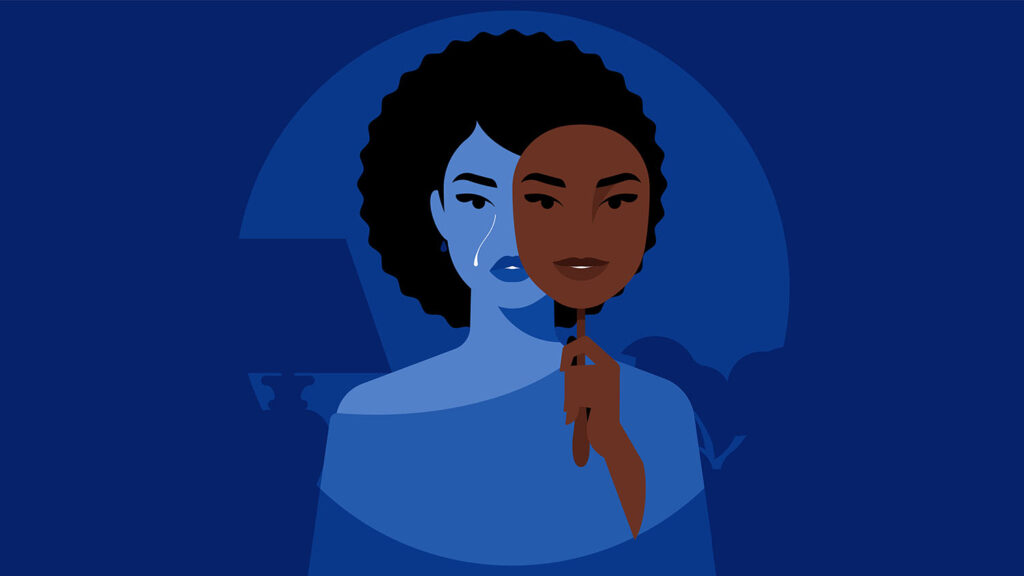
As conversations around mental health grow in today’s society, many Black households remain reluctant to seek mental health care or even discuss the topic openly. According to the American Counseling Association, “African Americans face numerous challenges that affect their mental health, including high rates of unemployment, poverty, and incarceration; health disparities and disability; the emotional and psychological impact of the pandemic; and the steady uptick of police shootings in the African American community.” Despite these ongoing struggles, mental health conversations are often silenced in Black families.
“Growing up, mental health was never talked about in my house,” says Emma Slyvian, a student at Florida A&M University, reflecting on her upbringing in a Black household. “If you were to speak up and tell your parents how you were feeling emotionally, their usual response was always, ‘just pray about it,’ or worse, ‘get over it.’” Emma’s story is far from uncommon. There is a deep-seated cultural stigma surrounding mental health in many Black households, where emotional struggles are minimized, ignored, or seen as personal weaknesses.
Emma’s story reflects a widespread issue. For many Black individuals, the reluctance to seek mental health care is tied not only to cultural expectations but also to religious beliefs. The idea that prayer alone can solve mental health challenges leaves little room for professional intervention. While faith plays a vital role in many Black families, it often acts as a double-edged sword when it comes to mental health. “Many older Black Americans don’t even believe what depression is,” Emma explains. “They think going to church and praying about it, or blaming technology, will fix everything.” This reliance on spiritual solutions can leave emotional and psychological needs unaddressed, further contributing to the reluctance to seek help.
This hesitancy to acknowledge mental health problems is often passed down through generations. Older generations, particularly those who lived through periods of intense racial discrimination and economic hardship, tend to prioritize survival over emotional well-being. In these households, emotional distress is seen as something to endure rather than address. “You have to thug it out and deal with the consequences,” Emma notes, capturing a sentiment that resonates across many Black families.
In addition to cultural and religious factors, the stigma surrounding mental health in the Black community is linked to the belief that therapy is a sign of weakness—an idea perpetuated by years of cultural conditioning. According to the article “Black Mental Health: What You Need to Know” by Mass General Brigham, many African Americans are taught to suppress their emotions in favor of presenting strength to the outside world. As a result, therapy is often perceived as something only for “the weak” or “the crazy.” This negative perception keeps people from recognizing when they need help and discourages conversations that could lead to healing.
Addressing these long-standing stigmas requires both community-wide education and individual efforts to break the cycle. Only then can we create a space where seeking mental health care is as acceptable as prayer.